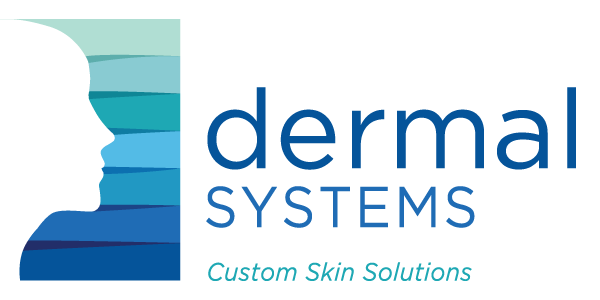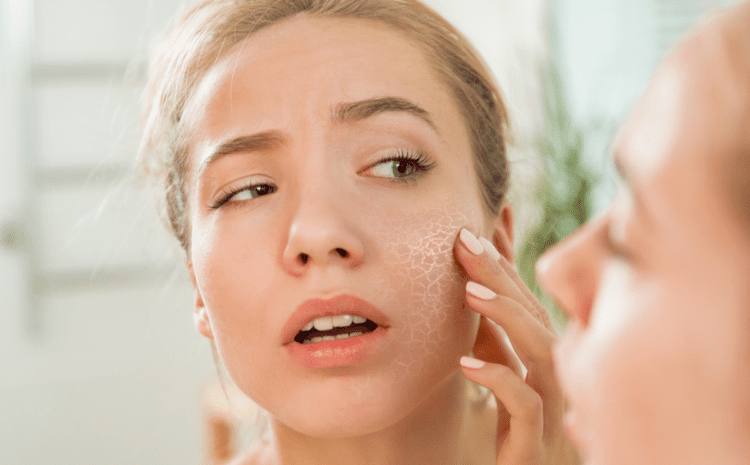
Dermatitis: Do you have this agonizing condition? Can it be treated efficaciously?
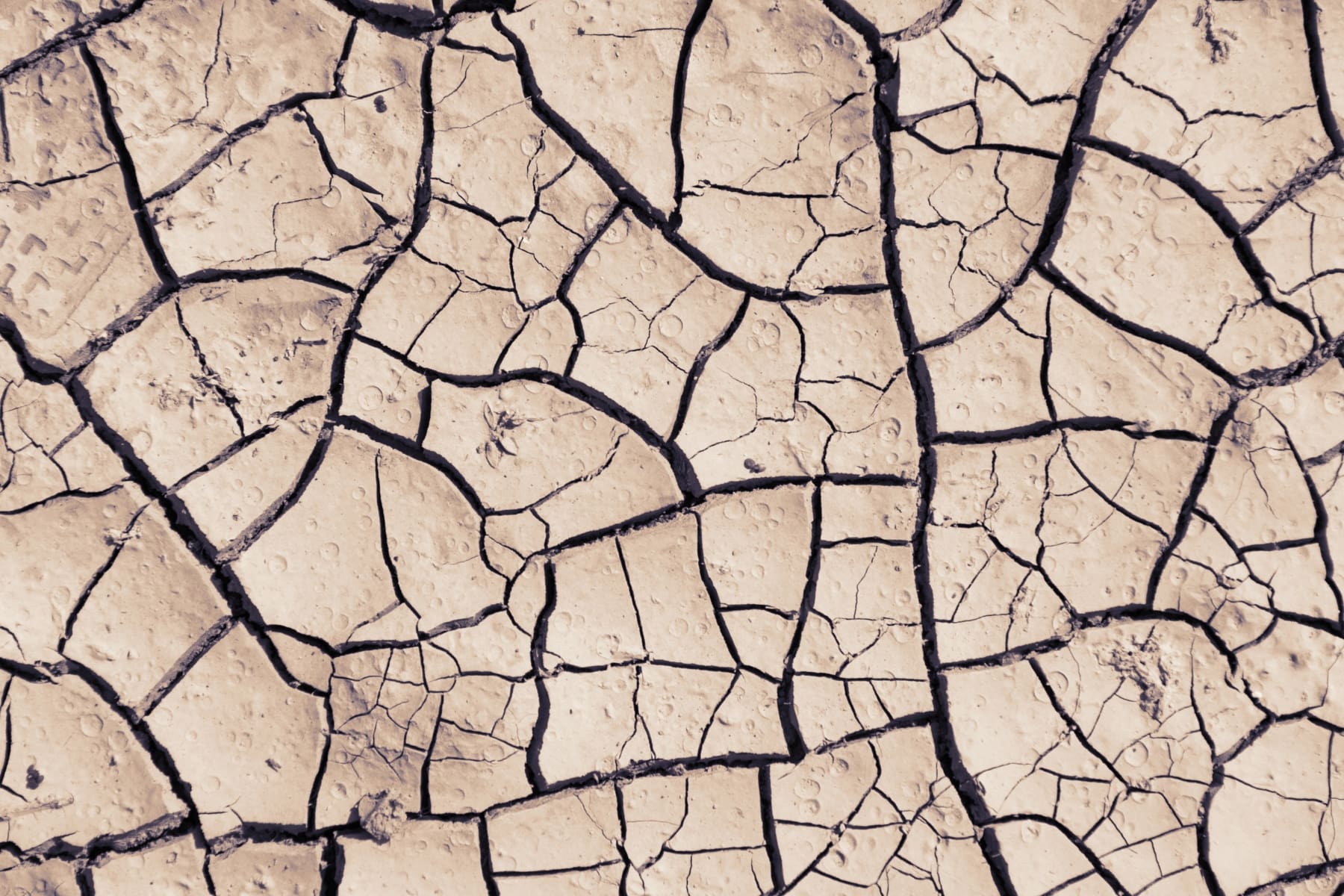
Dermatitis refers to a group of itchy inflammatory conditions affecting about 20% of people at some point in their lifetime. Dermatitis is often interchangeably referred to as eczema, and the condition can be chronic or acute.
When acute, the onset is fast, and often the itchiness and inflammation are accompanied by swelling and blistering of the skin.
When chronic, the affected area suffers from the condition over long periods and may become darkened as scratching the site is common.
It is documented that psychological health can have an impact on dermatitis. For instance, stress and anxiety can aggravate dermatitis or eczema. It is increasingly understood that when psychological stressors are managed, individuals who suffer from dermatitis can manage their dermatitis in return.
There are different types of dermatitis, including: Atopic dermatitis, Irritant contact dermatitis, Allergic contact dermatitis, Dry skin, Nummular dermatitis, Seborrhoeic dermatitis, Dandruff, Infective dermatitis, Gravitational dermatitis, Otitis external, Meyerson naevus.
Clinically as an aesthetician, we see dry skin regularly. Even when it is not evident on the face, it is noteworthy when detected on lower extremities such as legs. It should be documented and an indicator to ask more questions in a consultation and see if other potential triggers can be identified. This is helpful for chronic sufferers of dermatitis because identifying and avoiding aggravating factors can make a big difference in the quality of life for individuals suffering from dermatitis.
Here are the types of dermatitis I see most frequently in the clinic…
Allergic contact dermatitis:
When the skin has come in contact with a substance that triggers an adverse reaction, the substances most commonly identified in my experience are perfume or fragrance emulsifiers (especially sodium lauryl sulphate and sodium dodecyl sulfate).
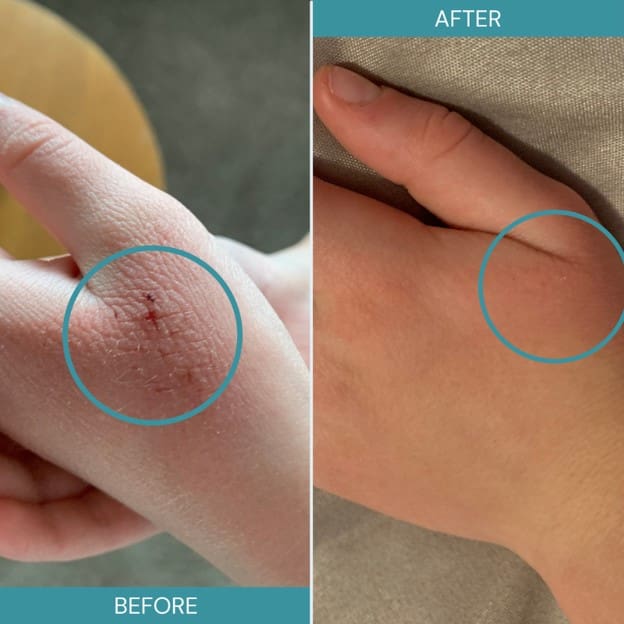
Irritant contact dermatitis:
I often see this type of dermatitis in our industry due to frequent hand washing and sanitizing. Dishwashers, nurses, janitorial staff, and others who work with detergents, solvents, and harsh chemicals (such as hairdressers and dry cleaners) are often in the line of fire for this type of dermatitis.
Atopic dermatitis:
In consultation clients often wonder why we ask so many questions about family history, and Atopic dermatitis is an excellent example of this. This dermatitis commonly has a family history of dermatitis or asthma; however, atopic dermatitis is prevalent in children. Although, it is often the children who had atopic dermatitis that show up with irritant contact dermatitis in the clinic in adulthood as atopic dermatitis may increase the risk of irritant contact dermatitis in later life.
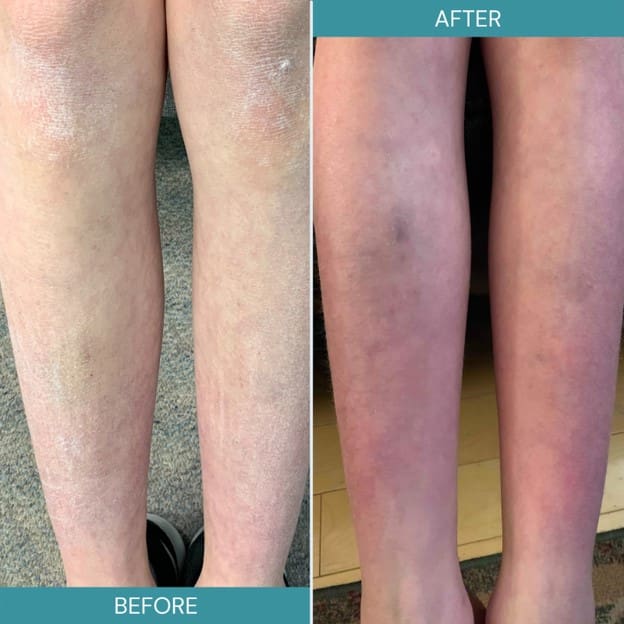
So yes, any good skincare professional wants to know about childhood eczema and your family’s asthma. It helps put a treatment plan in place that is preventative over the long term.
Dermatitis is a cornification disorder, and when the skin barrier gets disrupted, it gets aggravated. Therefore, it is critical for individuals suffering from dermatitis (even ‘just’ dry skin) to choose products that actively repair the skin barrier function.
That brings us to the question, can dermatitis be treated efficaciously?
Well, let’s say it can be managed efficaciously by implementing basic but consistent home care routines. Even in doing so, as per the examples mentioned, understanding and avoiding triggers are essential, especially if your condition is chronic. But as you see with the images above, there is hope.
Step one is to remove the offending cause if you can. That means choosing a gentler cleanser, a hand wash with no emulsifiers or preservatives, and fragrance.
Lipids (or oil) trumps when it comes to impaired cornification of the skin (a given when you have dermatitis). So instead, we are looking for products that mimic the cell membrane itself to repair the cell walls that ultimately protect us from the outer world, keeping allergens, pathogens, and other harmful substances outside of our skin and keeping moisture in. If this barrier becomes breached, it can ultimately trigger our immune system.
Look for products that have free fatty acids, cholesterol, and ceramides in them. Ingredients like phosphatidylcholine, ceramides, parkii butter, squalane, and Olea Europaea fruit oil. Simultaneously avoid products that have emulsifiers so that the epidermal lipids remain in the skin and do not ‘wash out’ when in contact with water (the function of emulsifiers is to bind water and oil with one another).
Other tips include using tempered water, never too hot.
The overall aim is to prevent stripping the skin of its natural epidermal lipids, so we remove all harsh cleaning products. Skin with dermatitis already has low lipid levels, so we also want to replenish with lipids as much as possible, but the lipids must be biocompatible.
Corneotherapy is a skincare and treatment approach in which the overall goal is to protect the epidermis at all times. This science lends itself perfectly to many skin conditions, and in particular, is an excellent approach for the care and protection of dermatic skin.
Written By: René Serbon – International Skin Expert
This blog was originally posted on reneserbon.com.
